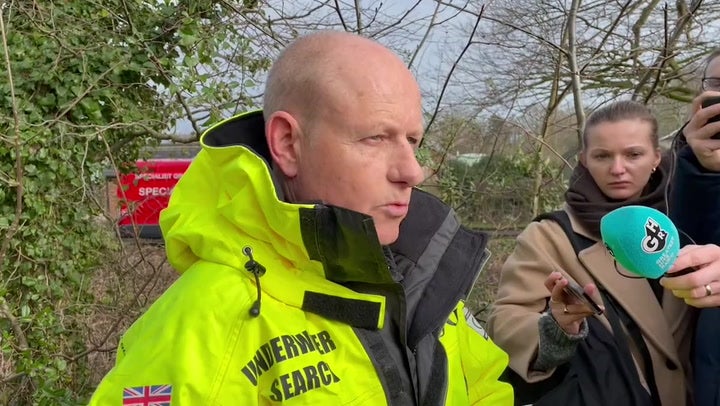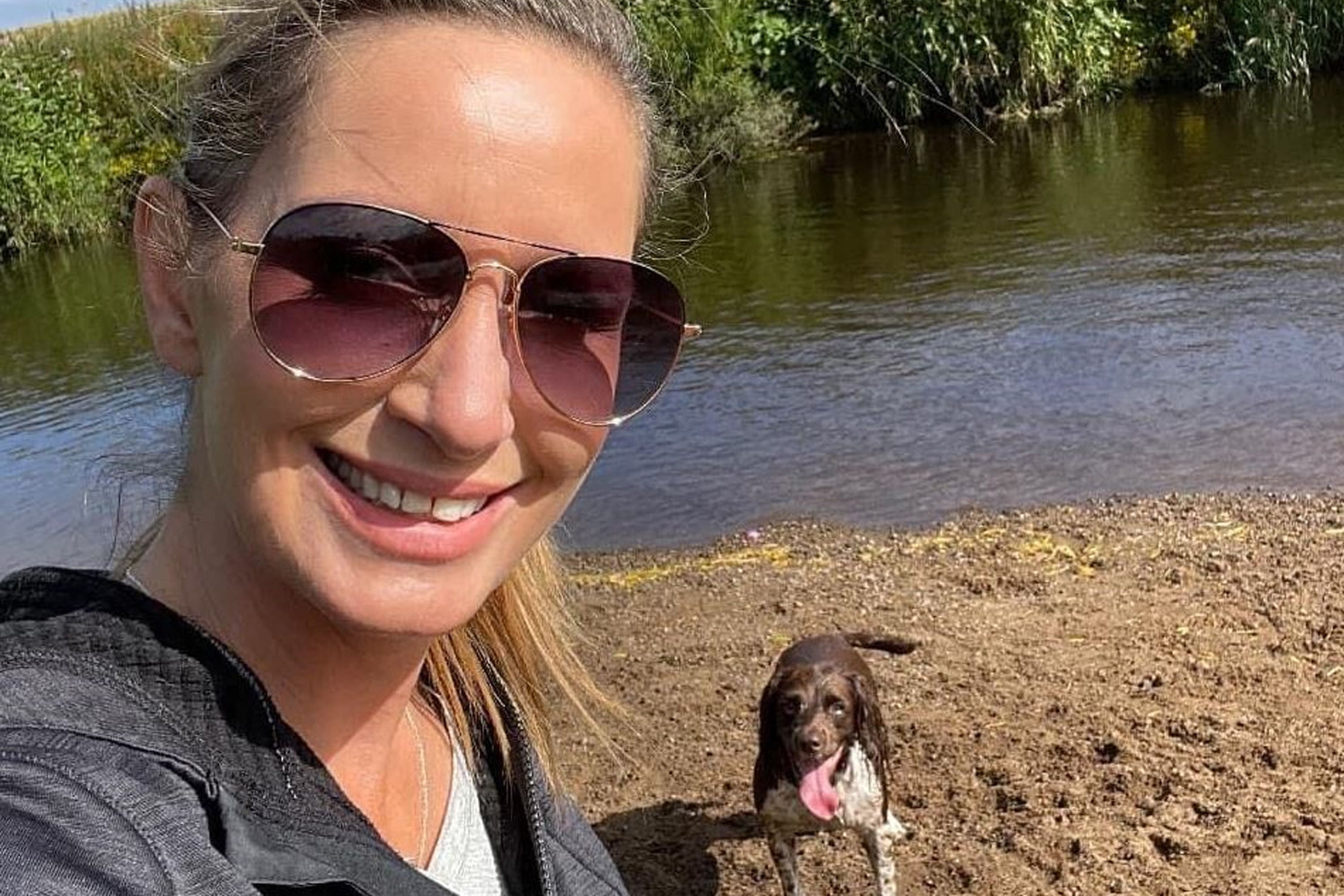What is the underwater technology being used in hunt for missing Nicola Bulley?
A private team of divers led by forensics expert Peter Faulding has been drafted in to widen the search for missing Nicola Bulley
A private diving team has joined the search to help find 45-year-old Nicola Bulley.
The mother of two was last seen walking her dog near the River Wyre in Lancashire on January 27. Police are working on the hypothesis that she fell into the river, though this claim has not been substantiated with any evidence and her family and friends have disputed it.
On Monday, a private team of divers led by forensic expert Peter Faulding were drafted in to widen the search for Ms Bulley.
Mr Faulding is a leading confined space rescue and forensic search specialist who has worked on high-profile missing persons and “no body” murder investigations, including the cases of serial killer Peter Tobin and five-year-old April Jones who was abducted and killed in 2012.

The team of divers, from Specialist Group International (SGI), are using sonar technology to try to locate Ms Bulley, with a friend of the missing mother hopeful that Mr Faulding’s team will be able to provide answers.
“Peter’s here, working with Lancashire Police, and we just have to have everything crossed that the search continues and Nicola is not in that river”, Emma White told ITV’s Good Morning Britain.
Sonar uses sound waves to “see” under the water, sensing the location of objects in the ocean and on riverbeds. It is typically used to develop nautical charts, locate underwater hazards, search for and map objects on the seafloor – including shipwrecks – and map the seafloor itself.
Short for Sound Navigation and Ranging, sonar is used for ocean and riverbed mapping as sound waves travel further in the water than radar and light waves.
The technology develops an image of the riverbed and is much quicker than trawling a body of water using divers alone. The piece of equipment that Mr Faulding’s team specifically is using is an 1800-kilohertz specialist side-scan sonar.
In 2013, police officers in southwestern Oklahoma used the technology to probe a decades-old unsolved case, identifying a 1968 Camaro and a ’52 Chevy 100 feet offshore at Foss Lake. Both cars were tied to a missing person case that went cold in the 1970s, with divers dispatched to recover the vehicles also finding six bodies.
“If Nicola is in there, we will find her”, Mr Faulding told The Mirror. “If she’s there, our sonar will pick her up straight away. I will see a body on the bottom.”

Mr Faulding notes that on a straight river, the technology can scan approximately 10 miles per day. The River Wyre is windy and changeable, so it could take longer to search.
However, the forensic search specialist was critical of Lancashire police’s theory that Ms Bulley fell into the water. He believes that the 45-year-old would not have gone far if she did and that she would likely have been able to get herself out.

“Normally people would scream out”, Mr Faulding added. “There’s something, in my opinion, not quite right there.”
Mr Faulding previously branded the investigation a “mess”, arguing that the scene should have been sealed off to preserve vital evidence.
“I don’t know how the police can say there’s no evidence of third-party involvement in this disappearance when they haven’t actually checked,” Mr Faulding told MailOnline on Saturday. “I think this is a mess, really.
Join our commenting forum
Join thought-provoking conversations, follow other Independent readers and see their replies
Comments



Bookmark popover
Removed from bookmarks